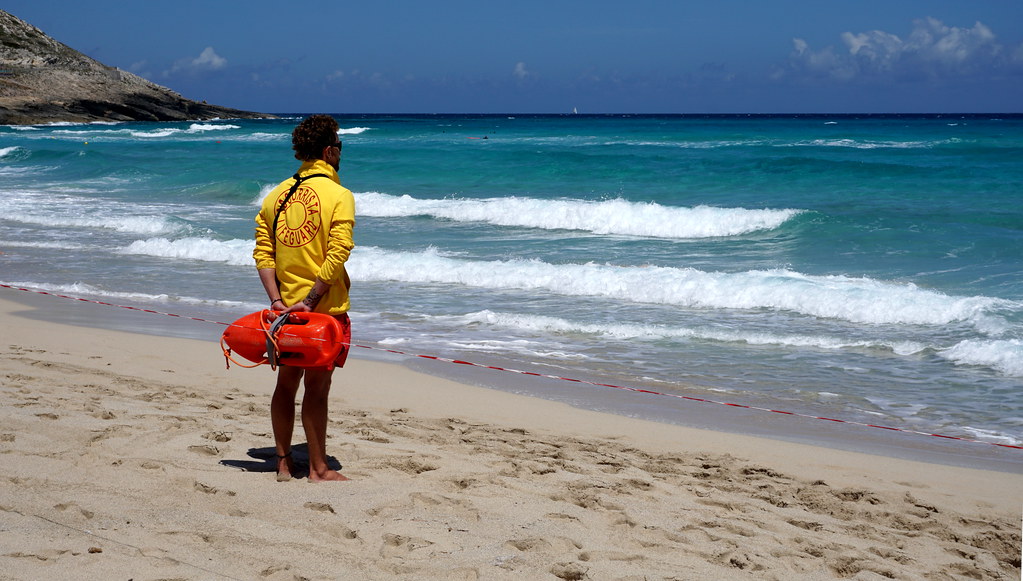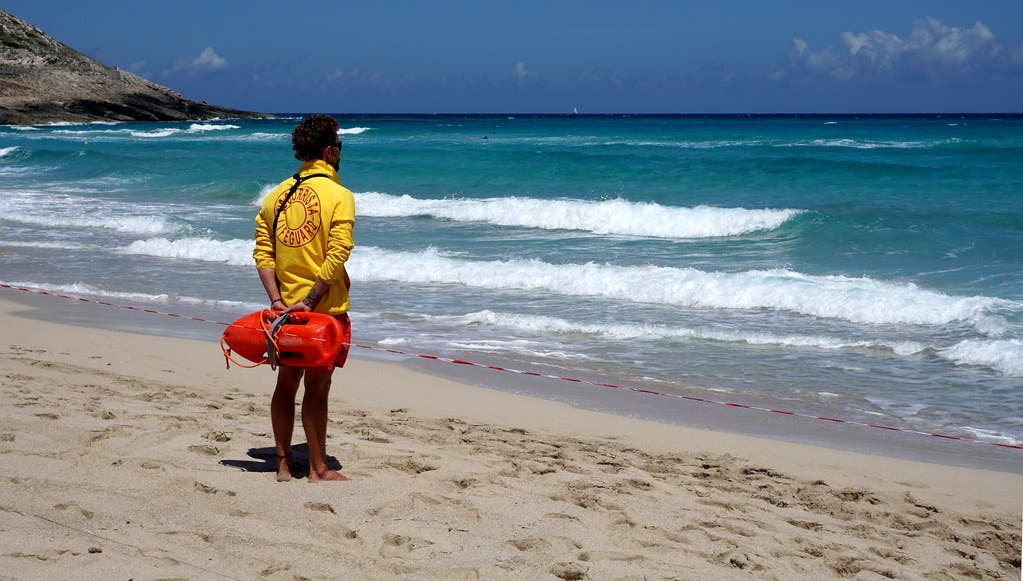
THE Health emergency number 061 has assisted 130 SOS calls for near fatal drowning in Andalucia between the months of July and August this year—13% more compared to the same period of 2021.
According to a recent report by the Junta, the highest percentage of emergency help requests for drowning by province was registered in Malaga, with 42 calls for assistance made, followed by Cadiz with 19, Almeria (18), Granada (15) Sevilla (14), Huelva (12), Cordoba (7) and Jaen (3).
To date, the provinces recorded similar data to the previous year, except for Sevilla where more calls for assistance with drowning were registered, from 8 in 2021 to fourteen in 2022.
Likewise Cadiz received more calls this year to aid with bathers in dire straits compared to last summer, increasing from thirteen SOS calls to nineteen, and Huelva, from 8 to twelve.
The majority of these calls were made to assist with bathers at the beach who hadn’t respected the red flags; for going for a dip straight after lunch or after sunbathing for a long time.
The average age of those who sought help was 35 years, with the average age for women being 34.6 and that of men 39.2 years.
Asphyxia by immersion or drowning is a frequent cause of death in summer, so it is recommended to enter the water slowly, especially after sunbathing or eating, and avoid bathing while digesting.
In case you feel any abnormal symptoms; headache or neck pain, chills, fatigue, dizziness, dizziness, itching, cramps, get out of the water immediately and warn lifeguards or people nearby.
In the case of sighting a distressed swimmer or someone with loss of consciousness, trauma or hemorrhage, notify a certified lifeguard or, if there is nobody around, the emergency services by calling 061 and follow the instructions received from the coordination room while the help of medical teams arrives.
Do not attempt to rescue a drowning person by entering the water if you have not been trained. Instead, if possible, extend or throw a floating object to the person.
READ MORE:

